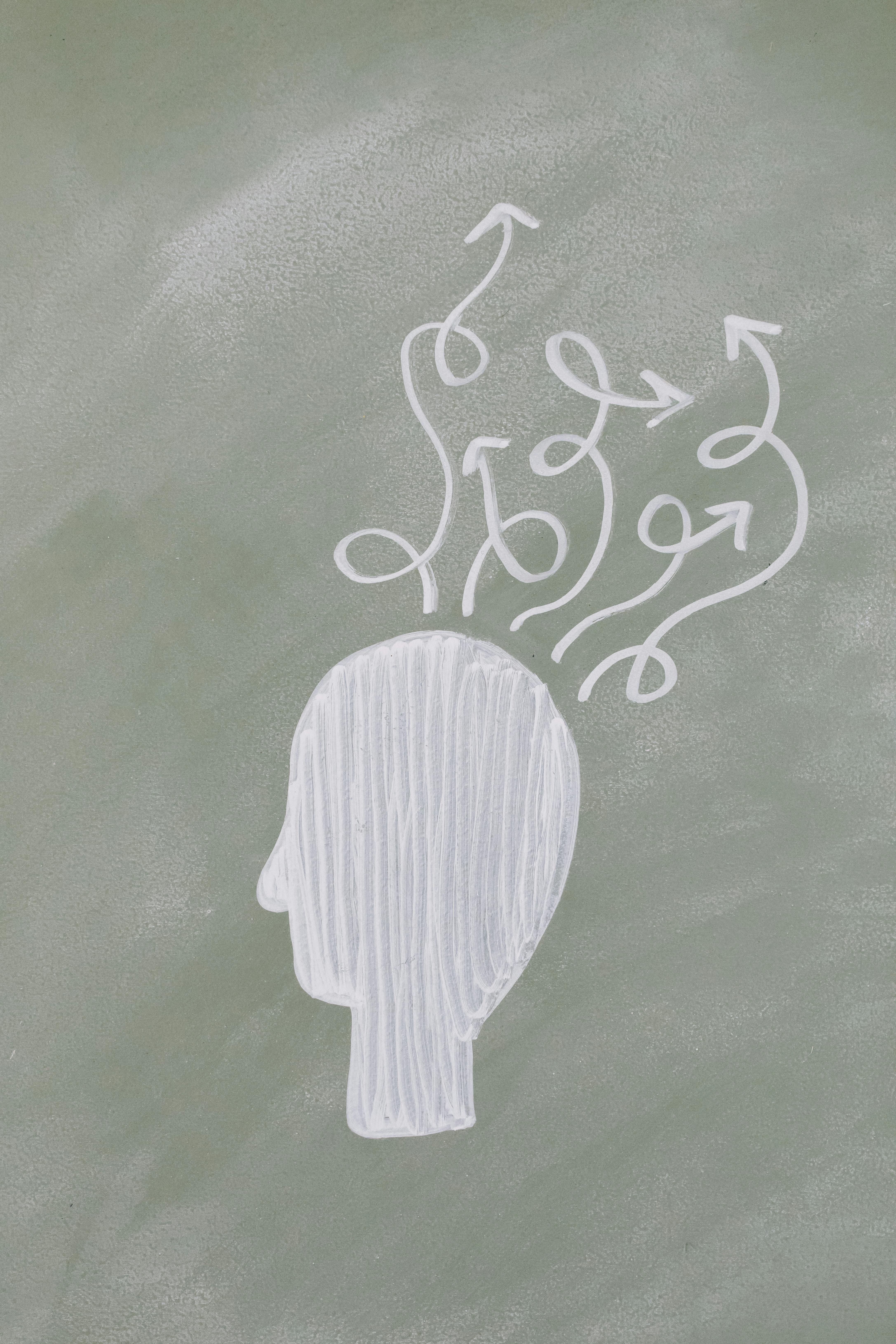
Zia Minota was in her late 40s when she started sensing tremors throughout her body. It would happen on her way to work from yoga class, in the grocery store aisle, and even before going to sleep. She would sense the tremors and, occasionally, lose consciousness. She thought it was fatigue from dehydration. It wasn’t until attending a community health conference that she realized it was epilepsy.
“I was surprised and sorta relieved,” Minota remembers. “But that was only the beginning. I had to surround myself with people who could help.” At 55-years-old, she is able to manage her symptoms.
Neuroscientific research finds that ongoing exercise helps deliver oxygen and glucose to the brain, which support how the brain functions overall. Socializing can have a similar effect. Thanks to technology, it can take on various shapes.
Jimaicho Robelson has been living with post-traumatic stress disorder since surviving a deadly tornado in the 1990s. To stay social, he attends a monthly virtual support group with other survivors of major weather events.
“I try to open up to people, but it’s scary. It’s like ‘How long are you going to be here until something bad happens?’ My group keeps me cool,” he says.
A series of meta analyses in 2021 found that virtual support groups were effective in treating PTSD, grief, and anxiety. They provide consistent social connection, which is helpful when people have fear and uncertainty. Some other ways to care for the mind are to have as stable or regular a daily schedule as possible. This includes establishing routines, such as a certain time every day to wake up, eat, be social, and get rest.
“If we are mentally healthy, we learn how to cope with stress,” says Linda Lam, M.D. a mental well-being specialist with the GCBH. “We learn how to be aware of our body signals. And then when this body signal is telling you that you are on the edge, you do something and you learn how to cope with it.”
Sometimes challenging the brain is the best way to improve overall health. Learning a new skill that requires mental acuity, such as coding, or mastering high-level crossword and sudoku puzzle every day is not easy, but who said it would be?
A 2023 survey found 82% of respondents have experienced — or know someone who has experienced — at least one brain health condition, including epilepsy, Alzheimer’s disease or dementia, Parkinson’s disease, and post-traumatic stress disorder. Each condition needs a care plan, with some solutions more complex than others.
According to the Global Council on Brain Health (GCBH), there are six pillars that promote healthy human cognition and a solid care plan. They are: (1) Be social, (2) Engage your brain, (3) Manage Stress, (4) Ongoing Exercise, (5) Restorative Sleep, and (6) Eat Right. How people practice each pillar varies, but incorporating a few pillars into daily routine can make a big impact on overall lifestyle.
For Minota, it’s difficult to get sleep, so working out once a week helps her keep her stress levels low. “Going to yoga after doctor’s visits keeps my brain active,” she adds. “I get to see regular faces — that can keep your memory and sensory responses sharp.”
Find out more about the six pillars of brain health, here.
Zia Minota and Jimaicho Robelson’s names have been changed to respect their health privacy.
Find more information from AARP about brain health, click here.

